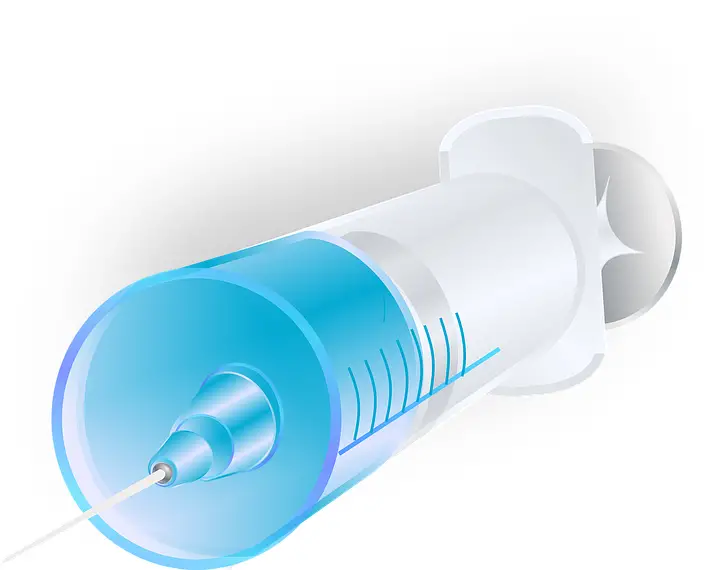The hepatitis B vaccine is recommended for infants as the best way to protect against the potentially serious disease caused by the hepatitis B virus. Mothers can unknowingly pass the virus to their babies at birth, making it important to follow the immunization schedule. The vaccine should be given in three doses, with the first dose within 24 hours of birth, the second dose one to two months after the first, and the third dose between 6 and 18 months of age. This vaccine not only protects the child from developing liver disease and cancer, but it also prevents the disease from being passed down to others. Vaccines like these are safe and effective at preventing diseases. [3][4]
Hepatitis B Vaccine Administration for Infants
The Advisory Committee on Immunization Practices recommends administering hepatitis B vaccine to infants born to infected mothers within 12 hours of birth, followed by completion of the vaccine series and post-vaccination serologic testing. For all medically stable infants in the U.S., the first dose of hepatitis B vaccine should be given within 24 hours of birth. The additional two doses are given at 1 month and 6 months of age. Combination vaccines are also available, which include hepatitis B protection and are given at 6 weeks of age along with a single dose of hepatitis B vaccine. Completing the series by age 6 months will ensure protection against hepatitis B and lower the risk of liver cancer. [5][6]
Hepatitis B Vaccine Combination with Other Vaccines
Combination vaccines, such as pentavalent and hexavalent vaccines, protect against multiple diseases including hepatitis B. The first shot is usually given at 6 weeks of age, with a monovalent or single dose of the hepatitis B vaccine recommended within 24 hours of birth. The hepatitis B vaccine series can then be completed with the recommended combination vaccine schedule. The vaccine is generally given as a three-dose series on a 0, 1, and 6-month schedule. Alternative schedules may be considered, noting that a third dose at 6 months is needed for maximum protection. Greater than 90% of babies and up to 50% of young children who are not vaccinated and are infected with hepatitis B will have lifelong infection, making the birth dose essential for their protection. [7][8]
Benefits of Hepatitis B Vaccine in Infants
The Hepatitis B vaccine is recommended for infants as it is the best way to protect against the serious disease that can develop due to the Hepatitis B virus. Infants can be unknowingly infected with the virus from their mothers during birth. The vaccine helps protect infants from developing liver disease and cancer caused by the virus. Additionally, it prevents them from missing school or childcare, as well as their parents missing work. The vaccine is safe and effective, and any side effects are usually mild and temporary. The vaccine is given as a series of three shots, with the first dose given within 24 hours after birth. [9][10]
Possible Risks of Hepatitis B Vaccine
Physicians for Informed Consent (PIC) released two education documents outlining the risks of Hepatitis B compared to the risks of the Hepatitis B vaccination. Parents should know that if their infants are normal-risk, the chance of them getting fatal Hepatitis B is one in seven million. All Hepatitis B vaccines include the neurotoxin aluminum, and the level of aluminum in the vaccine is about 75 times greater than the maximum amount safe for infants weighing about 7 pounds. Moreover, the vaccine may cause seizures in about 1 in 1300 children and lose their immunity before age 5. [11][12]
Caring for Your Child After Hepatitis B Immunization
After Hepatitis B immunization, parents should take care of their child if they experience any symptoms like soreness, swelling, or redness at the injection site. They may also have a mild fever, but this is normal. Parents can give acetaminophen or ibuprofen to reduce pain and fever, but it is important to consult a doctor before giving any medication. If the child experiences severe symptoms such as difficulty breathing, swelling of the face or throat, or high fever, they should seek medical help immediately. However, these severe reactions are rare. [13][14]
When to Call the Doctor After Hepatitis B Immunization
After receiving the hepatitis B vaccine, it is important to monitor the child for any unusual symptoms. In rare cases, a child may have an allergic reaction or severe side effects that require medical attention. Symptoms to watch for include excessive crying, high fever, seizures, or trouble breathing. If any of these symptoms occur, seek medical attention immediately. However, most side effects of the vaccine are mild and go away on their own. It is normal for a child to have a mild fever or soreness at the injection site. Parents should contact their healthcare provider with any questions or concerns about their child’s health after receiving the hepatitis B vaccine. [15][16]
About the Author
Reyus Mammadli is the author of this health blog since 2008. With a background in medical and biotechnical devices, he has over 15 years of experience working with medical literature and expert guidelines from WHO, CDC, Mayo Clinic, and others. His goal is to present clear, accurate health information for everyday readers — not as a substitute for medical advice.







